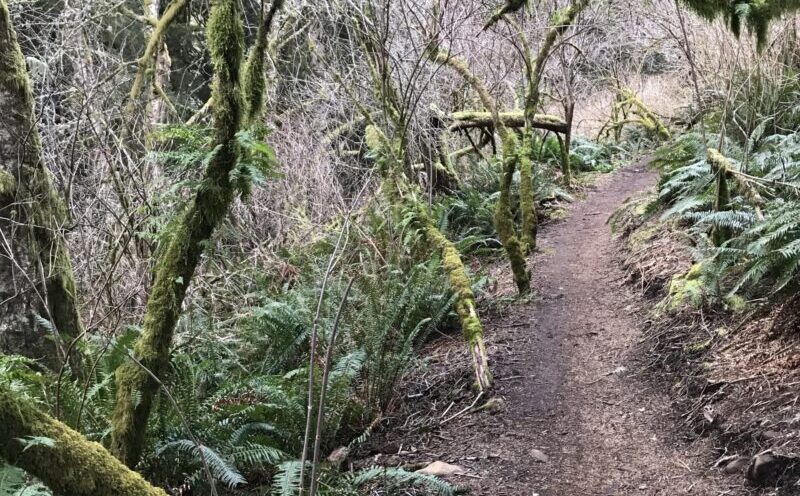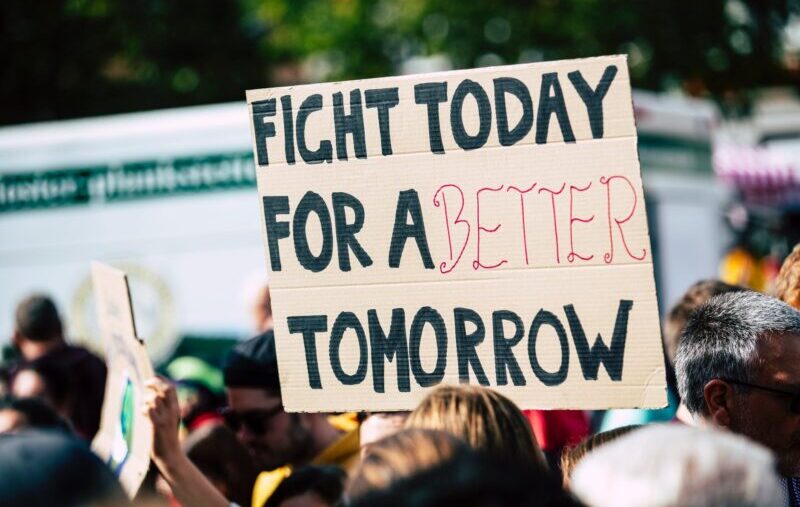American mythology has long included the archetype of the “self-made man.” And no place is associated with that archetype quite like the American west. Think of covered wagons and remote outposts, think of cowboys and ranchers, think of miners and the Gold Rush. Think of the John Wayne/Clint Eastwood ethos. Think of Henry Ford, Ray Kroc, Walt Disney and Steve Jobs. For that matter, just think of Silicon Valley.
Pioneers, adventurers, trailblazers. Vigorous, steadfast and resilient. They set out to conquer some part of a vast, undeveloped territory and make it their own. The “self-made man” goes on a hero’s journey: he sets out to fulfill a vision, is forced to overcome both internal and external obstacles to achieve it, finds resources within himself that he didn’t realize he had and ultimately, against all odds, achieves his dream.
And he does it alone.
Here in the present day American west, and in the broader American culture, we still live in the shadow of this romantic legacy. We obsess over our jobs, our homes, our stuff. We carve out a small space – an eighth of an acre in most cases – and make it our castle. We preserve at great lengths the old story of individualism, what I alone can do, what I most dream of doing, in order to get our piece, our slice of the dream.
And this becomes the operating system of our neighborhoods, our “NIMBY” communities and our corporations most of all.
So many of our most prominent, influential corporations, through their failed performance management and reward systems, a relentless focus on short-term results, through lip service to vision and values, leadership development, social responsibility and employee engagement, are no more than temples of self-congratulation and self-worship. They are, all too often, simply a construct for the very few to accumulate as much as they possible can while the very many do the hard work to make that possible.
All of this you already know. What I hope you also know is that there are small and powerful exceptions. The inspiration for this post, in fact, came from the comments of a team member I worked with earlier in the week. We were in the midst of a conversation in which we were exploring the intersection of individual, team and corporate values. An expatriate from Brazil, he shared how much he appreciated this kind of interaction with his teammates because so much of his American experience is marked by the sort of individual compartmentalization described above. With typical Brazilian enthusiasm he described his desire to be more connected, to literally be closer to his colleagues, in a culture that seems to work so hard to avoid that kind of intimacy.
I believe that what he is asking for, what he is seeking is a new frontier. And it is there for us if we are willing to take the steps. This new frontier is marked by a more purposeful kind of interaction, one that preserves a focus on the individual but in the larger context of how she connects and contributes to the larger group of which she is a part. It is a frontier of deep and challenging conversations about why we are here, and what we are meant to achieve. It is a conversation that calls on us to recognize that our actions have an impact beyond ourselves and that we are responsible for those outcomes, good or bad.
It is a frontier that demands us to wake up to the truth that everything is connected, that how we honor the person in front of us is how we honor all things.
The “self-made man” is a myth for one simple reason: no one does it alone.
DAVID BERRY is the author of “A More Daring Life: Finding Voice at the Crossroads of Change” and the founder of RULE13 Learning. He speaks and writes about the complexity of leading in a changing world. Connect with him on Twitter at @berrydavid.




